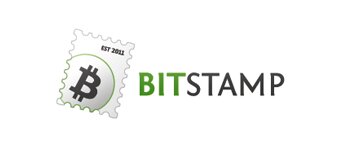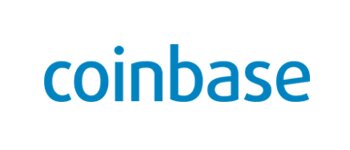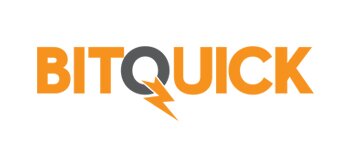Bitcoin Wallet Storage – A Bit About Key Terms
-
Public Address
The unique string of characters used to share with others, and receive coins. Simply share your public address with others, and they can send you Bitcoin at any time of the day.
-
Private Key(s)
The unique string of characters used to access your wallets’ funds. Private keys must be kept secret at all times as they holds the access to your wallet.
-
Cold Storage
Cold storage refers to a Bitcoin wallet device that is offline. It’s used for extra security, and is a consideration for anyone storing large amounts of Bitcoins. These varieties can be printed, or come in the form of USB, metal engraved, cards, and many others similar to traditional monetary storage.
-
Hot Storage
Hot storage refers to a wallet that is network connected and easily accessible. These wallet varieties ensure convenient storage and typically include variations such as desktop, mobile, or ewallets. Hot storage wallets are often used to store smaller amounts of funds used for quick purchases.
-
Desktop Bitcoin Wallet
Store, send and receive funds easily by copying and pasting addresses in your desktop Bitcoin wallet. Download software specifically designed for devices using Mac OSX, Windows and Linux in seconds.
-
Mobile Bitcoin Wallet
Simplify daily expenditures by storing funds on your mobile device. Send, store and receive Bitcoin’s to and from addresses with QR Code technology and NFC tap payments for the ultimate payment simplicity. Store contacts, load cold storage and unlock the ultimate in payment convenience.
-
eWallets
eWallets include services that offer wallets available from any location by browser. This type of wallet allows for convenient access from any location. When utilizing eWallet services, your funds are moving into the hands of a third party, therefor it is important to research the brand before conducting any transactions.
-
Physical Bitcoin Storage
Physical storage defines a Bitcoin wallet variation that is mobile and well, physical. Most commonly, card varieties similar to a debit or credit card, USB devices for quick access, paper wallets which provide all the essential wallet elements in a quick print out, and more. Not all physical wallets are cold storage as some contain software that is network ready.
May 17, 2015
- Learn Bitcoin


























